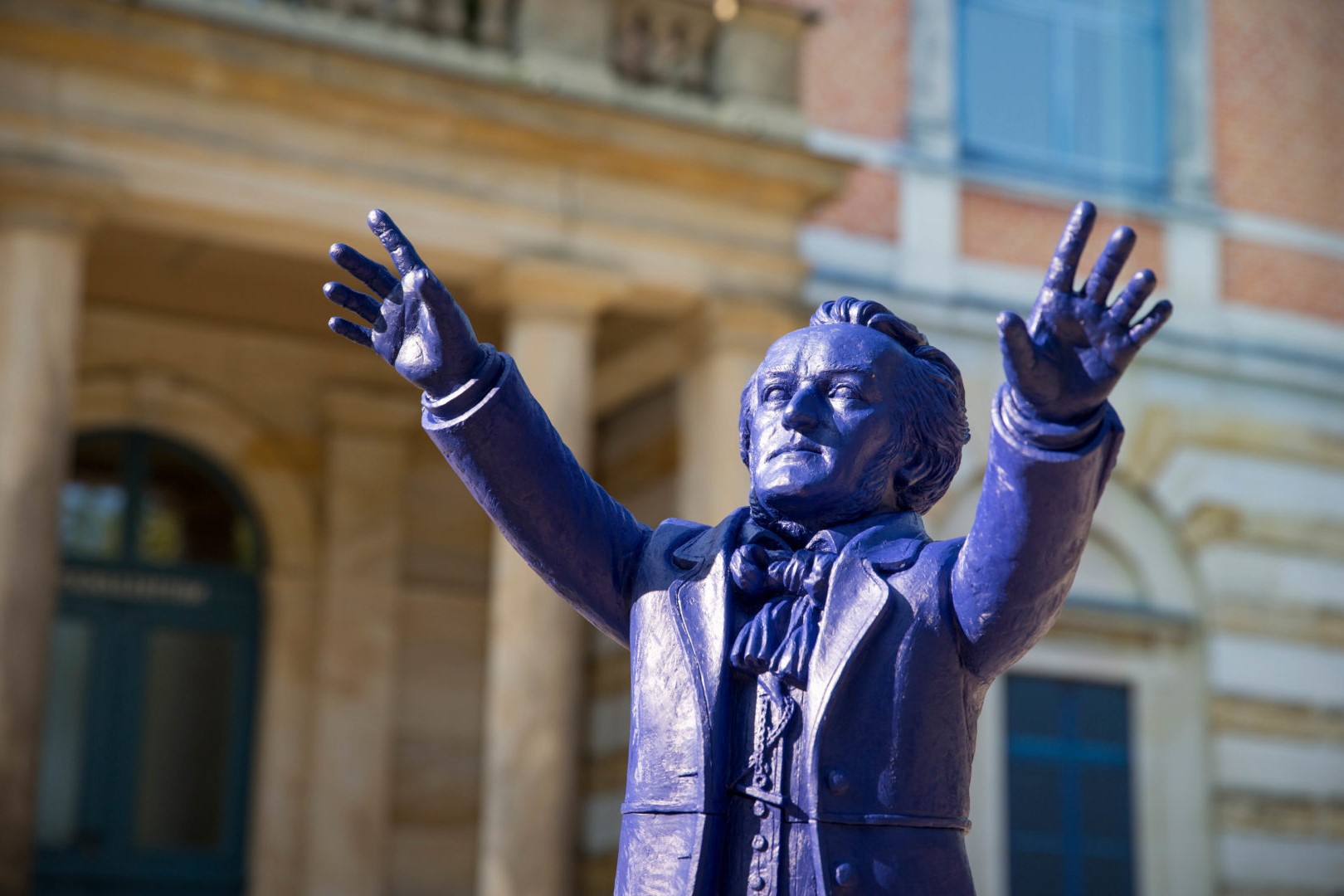
Richard Wagner, a name synonymous with grand operas and dramatic compositions, remains a towering figure in classical music. But what makes him so special? Wagner revolutionized opera by integrating music, drama, and visual spectacle into a cohesive whole. His works, such as "The Ring Cycle" and "Tristan und Isolde," pushed the boundaries of musical storytelling. Beyond his compositions, Wagner's influence extended to theater design and orchestration techniques. He even built his own opera house, the Bayreuth Festspielhaus, to stage his epic works. Dive into these 14 fascinating facts about Wagner to understand why his legacy endures.
Richard Wagner's Early Life
Richard Wagner, a name synonymous with grand operas and epic compositions, had a fascinating early life that shaped his future in music.
-
Born on May 22, 1813, in Leipzig, Germany, Wagner was the ninth child in his family. His father died when he was just six months old, and his mother remarried an actor and playwright, Ludwig Geyer.
-
Wagner showed an early interest in theater and music, influenced by his stepfather's profession. He wrote his first play at the age of 11.
-
Despite his early interest in music, Wagner was not a child prodigy. He started formal music training relatively late, around the age of 15.
Wagner's Musical Education
Wagner's journey into the world of music was marked by rigorous education and self-learning.
-
He enrolled at the University of Leipzig in 1831, where he studied music theory and composition under the guidance of Christian Theodor Weinlig, a renowned music teacher.
-
Wagner was heavily influenced by the works of Beethoven. He transcribed Beethoven's Ninth Symphony for piano, which helped him understand the intricacies of orchestration.
-
Despite his formal education, Wagner was largely self-taught. He spent countless hours studying scores and experimenting with compositions.
Wagner's Operatic Innovations
Wagner revolutionized opera with his innovative ideas and compositions.
-
He introduced the concept of "Gesamtkunstwerk," or "total work of art," which aimed to unify all aspects of art—music, poetry, drama, and visual spectacle—into a single cohesive work.
-
Wagner's operas are known for their complex textures, rich harmonies, and elaborate use of leitmotifs—recurring musical themes associated with specific characters, places, or ideas.
-
His monumental work, "The Ring of the Nibelung," is a cycle of four epic operas that took over 26 years to complete. It remains one of the most ambitious projects in the history of music.
Wagner's Influence on Music and Culture
Wagner's impact extended beyond music, influencing various aspects of culture and society.
-
He was a significant influence on many later composers, including Gustav Mahler, Richard Strauss, and even film score composers like John Williams.
-
Wagner's ideas and music also had a profound impact on literature, philosophy, and the visual arts. His works were admired by figures such as Friedrich Nietzsche and Thomas Mann.
-
The Bayreuth Festival, founded by Wagner in 1876, continues to be a major cultural event. It is dedicated exclusively to performing his operas and attracts visitors from around the world.
Controversies Surrounding Wagner
Despite his musical genius, Wagner's life was not without controversy.
-
Wagner was known for his anti-Semitic views, which have tainted his legacy. His writings and personal beliefs have sparked significant debate and criticism.
-
His complex personality and tumultuous personal life, including numerous affairs and financial troubles, often overshadowed his professional achievements.
Wagner's Legacy Lives On
Richard Wagner's influence on music and culture is undeniable. His operas, like "The Ring Cycle" and "Tristan und Isolde," changed the way people think about music. Wagner's use of leitmotifs, which are musical themes associated with characters or ideas, has inspired countless composers and filmmakers. His innovations in harmony and orchestration pushed the boundaries of what was possible in music.
Despite his controversial personal beliefs, Wagner's artistic achievements continue to be celebrated. His works are performed in opera houses around the world, and his ideas about music drama have left a lasting impact. Whether you're a seasoned opera lover or new to classical music, Wagner's contributions offer something for everyone. His legacy lives on, reminding us of the power of music to move and inspire.
Was this page helpful?
Our commitment to delivering trustworthy and engaging content is at the heart of what we do. Each fact on our site is contributed by real users like you, bringing a wealth of diverse insights and information. To ensure the highest standards of accuracy and reliability, our dedicated editors meticulously review each submission. This process guarantees that the facts we share are not only fascinating but also credible. Trust in our commitment to quality and authenticity as you explore and learn with us.


